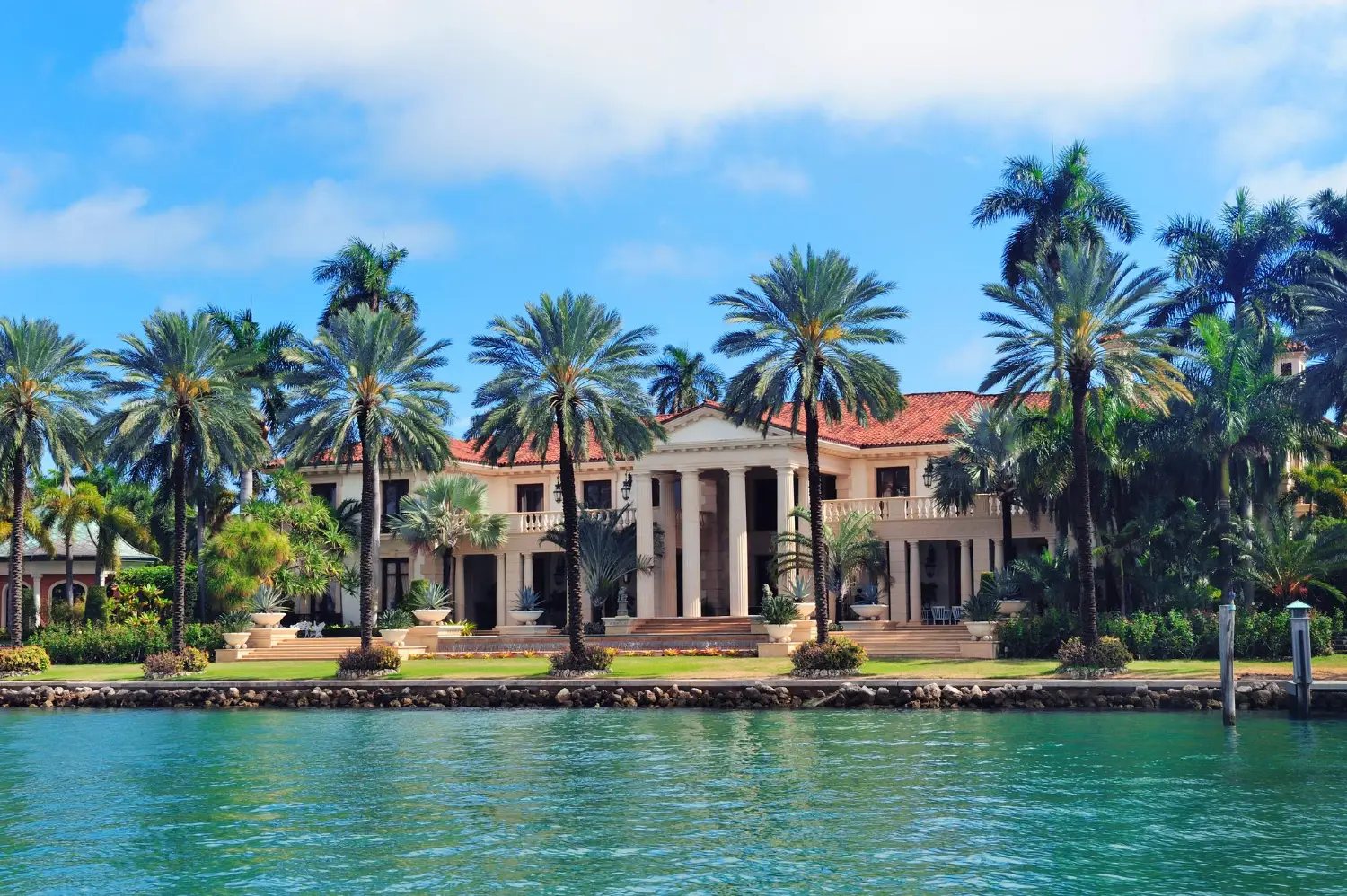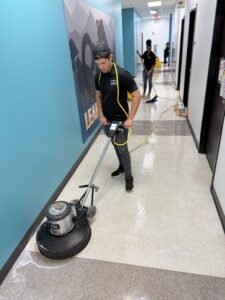Living in Tampa or any coastal Florida location offers unparalleled beauty and a serene lifestyle by the sea. However, homeowners face the unique challenge of combating the corrosive effects of salt air. This constant exposure can lead to the deterioration of external home fixtures, surfaces, and even impact the longevity of your property. The good news is, with regular maintenance and the right approach, you can protect your investment and keep your home looking fresh and vibrant throughout the year.
Challenge of Salt Air
Salt air is especially notorious for accelerating rust and corrosion on metal surfaces, causing discoloration, and degrading outdoor furniture and exterior walls. The humid, salty breeze, while refreshing, can shorten the lifespan of paint jobs, make windows appear perpetually grimy, and lead to costly repairs if not addressed promptly.
Essential Cleaning Tips
Washing Exterior Walls
Regularly washing the exterior walls of your home can significantly reduce the accumulation of salt deposits. A mixture of mild detergent and warm water, applied with a soft-bristled brush or pressure washer on a gentle setting, can remove salt buildup without damaging the paint or siding. It’s advisable to undertake this cleaning at least twice a year, or more frequently if you live closer to the shore.
Window Care
Windows are particularly vulnerable to salt air, which can leave a hazy residue that’s tough to see through and hard to clean. Using a vinegar solution (one part vinegar to ten parts water) can help dissolve salt deposits. For best results, wipe windows down every few weeks with this solution and a soft cloth to prevent salt from etching the glass.
Protecting Metal Fixtures
Metal fixtures, including door handles, light fixtures, and railings, require regular maintenance to prevent rust and corrosion. Applying a protective wax or silicone-based spray can create a barrier against salt air. Additionally, consider using stainless steel, aluminum, or other corrosion-resistant materials for any replacements or new installations.
Indoor Cleaning Recommendations
Indoor areas of coastal homes also feel the impact of salt air, which can settle on furniture, electronics, and even inside your HVAC system, causing potential harm and diminishing indoor air quality. To keep the indoors fresh and protect your belongings, follow these suggestions:
- Frequent Dusting and Vacuuming: Salt can infiltrate through open windows and doors, settling on surfaces throughout your home. Regularly dusting and using a vacuum cleaner with a HEPA filter can help minimize the accumulation of salt particles on furniture and floors.
- Air Purifiers: Utilizing air purifiers can significantly improve indoor air quality. They aid in removing salt particles and other contaminants from the air, making it healthier to breathe, especially for those with allergies or respiratory issues.
- Humidity Control: Keeping the indoor humidity levels in check (ideally between 40% and 60%) can prevent the salt air from causing excess moisture inside your home, which could lead to mold and mildew growth. Use dehumidifiers in particularly humid areas such as basements or bathrooms.
- HVAC Maintenance: Make sure to have your HVAC system serviced regularly. Changing the air filters more frequently than recommended in non-coastal areas can prevent salt and moisture from circulating through your ventilation system.
Implementing these indoor cleaning strategies can help mitigate the effects of salt air inside your home, ensuring a healthier living environment and extending the life of your interior spaces and possessions.
Product Recommendations
Invest in products specifically designed to combat the effects of salt air. Look for anti-corrosive paints, rust inhibitors for metal surfaces, and protective sprays for outdoor furniture. Products containing lanolin, for example, are highly effective at preventing rust and can be safely applied to a wide range of materials.
Long-Term Maintenance Strategies
Beyond immediate cleaning and protective measures, think long-term. Choose landscaping that can act as a natural barrier against salt-laden winds, and when painting your home, opt for high-quality, exterior paints formulated for coastal environments. Regular inspections can also help identify and address any issues before they escalate.
Conclusion
Maintaining a salt-air exposed home in Florida requires diligent care and the right strategies. By adopting regular cleaning practices, investing in protective products, and considering long-term maintenance approaches, homeowners can effectively combat the impacts of salt air, ensuring their coastal abodes remain beautiful and durable for years to come.






